#games RSS
Of video variety
Of video variety
Who let the dogs out
The surprising part about Sunshine Manor is that each level introduces a new mechanic. What starts as a top-down, light survival horror game can be more action-oriented at times. None of the mechanics overstay their welcome, and the entire game is reasonably short. Visually, it’s quite nice, as it tries to invoke 8-bit era graphics. The good, spooky, sometimes tense music adds to the experience.
/i\ Slight spoiler for Rule of Rose.
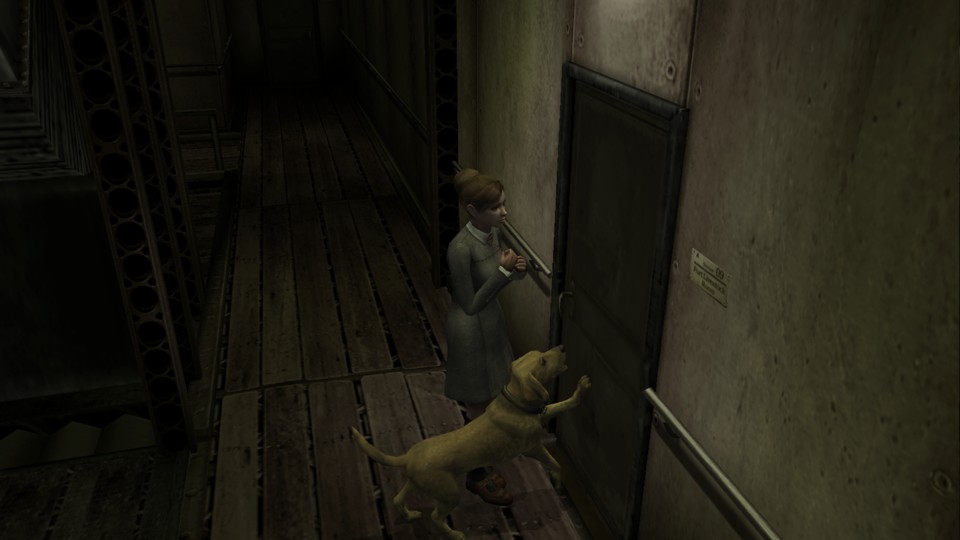
Rule of Rose is, to put it politely, queer as fuck. While I feel it depicts that theme with decent tact and respect, ultimately, I can’t be the judge of that. Knowing horror games, I can see how some aspects can fall into harmful stereotypes. Another thing that gives me pause in this regard is that it’s a story about children made by adult developers, which always has a certain sheen of sleaziness. I do appreciate that, despite some supernatural elements, there are no ancient burial grounds or secret cults in sight, which is refreshing.
Your dog companion, Brown, is a very cool addition to the gameplay. He not only helps with notoriously awkward combat, but he is also an interesting in-game help system of sorts. You can pet him, too.
Regardless, the game is a hidden gem. Maybe a rough one (the camera and aftermentioned combat come to mind), and perhaps not particularly hidden, but I very much enjoyed it.
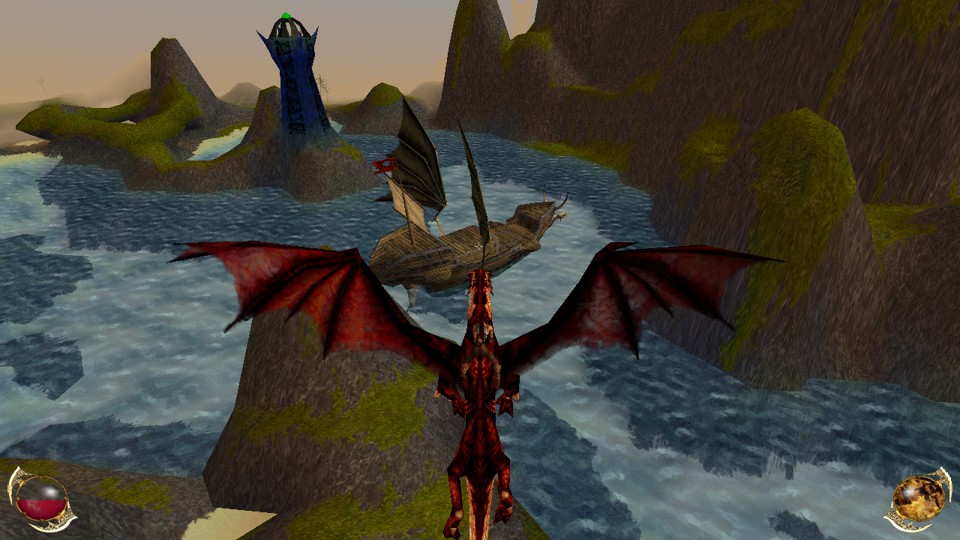
What is a dragon, if not a dog with wings? And scales? And firebreath?.. Okay, I’m reaching. I wouldn’t call Drakan: Order of the Flame a horror either. Dark fantasy? Sure.
It’s a blend of The Legend of Zelda and Tomb Raider. Plus a dragon. And not a bad blend. There is mostly combat and not a lot of puzzles. While the technical aspects have not aged particularly well, they are not bad either. Flying can be disorienting, but it’s a neat addition.
It’s an old game, though. Some choices, especially in design of female characters, can be cringe-worthy. It also has a quick save for a reason. Expect instant death traps and enemies that can one-shot you. It’s the Dark Souls of its time (not really).
Tales of the TARDIS is great because it allows you to watch a sample of episodes from a previous era of Doctor Who and realize that you don’t want to watch any more. It has not aged well. Great scarves, though!
I want to ride my bike, apparently
Maybe I just wanted something simple, but I enjoyed Goosebumps: Terror in Little Creek. It’s a pretty straightforward, lite version of Resident Evil. There are plenty of puzzles and stealth elements, as well as some combat. Nothing outstanding, just a good, spooky adventure.
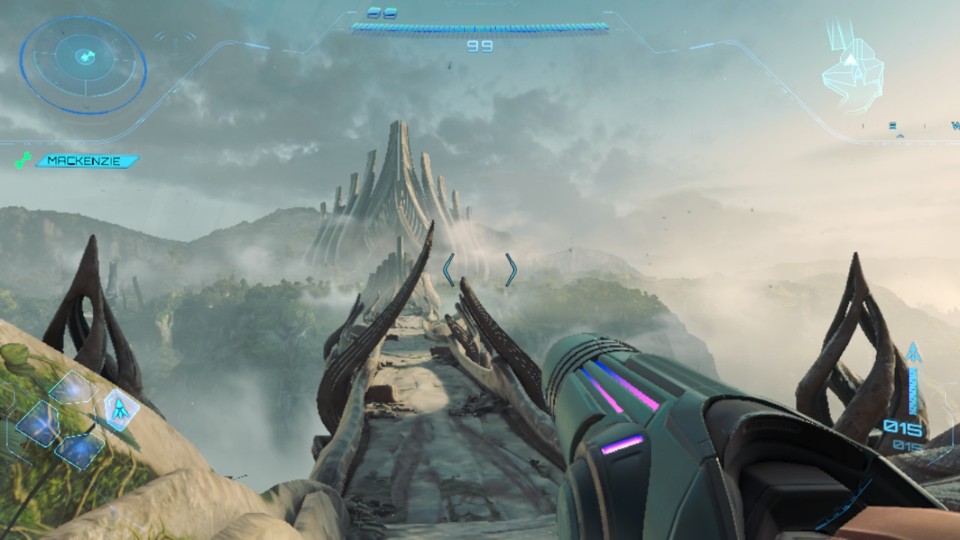
The core of the Prime games is firmly present in Metroid Prime 4: Beyond. The developers updated some features (most of my complaints have been addressed) to make it feel more modern without removing anything. It’s a good, substantial game that isn’t too long.
And that would’ve been that if we weren’t waiting for it basically from the release of the Switch console itself. To be honest, I was also among those wondering, for good reason, how they would change it. After the release of Breath of the Wild and Super Mario Odyssey, everyone was thinking the same thing: open world? Open levels? At least more open, right?
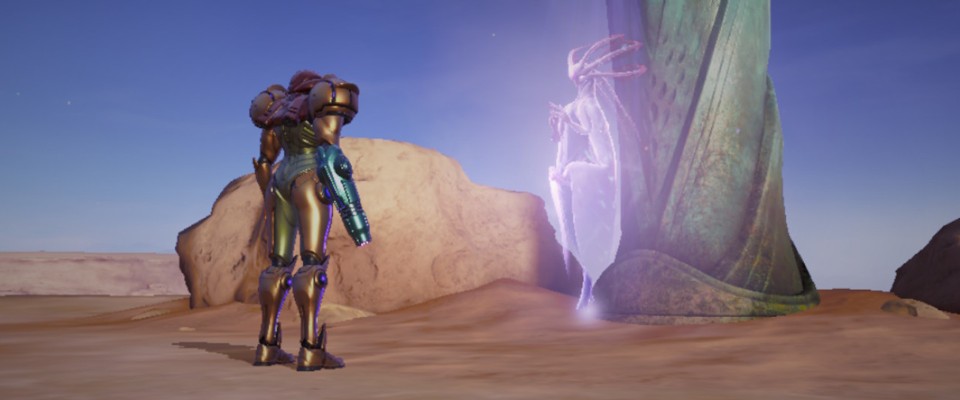
The game we got seems to have been held back in some way. There is an openness, but it doesn’t add anything significant. NPCs, cutscenes, some other minor details also feel separate from the rest of the game. None of that makes it worse, far from it. It’s just a reminder that it got stuck on a bridge without a way to fully cross or go back.
Some puzzle games make you feel very clever. Monument Valley III and the entire series make you feel how clever the developers are. I don’t mean that as a bad thing, but it is less of a puzzle game. Still, it’s very neat, good-looking, and quite enjoyable!
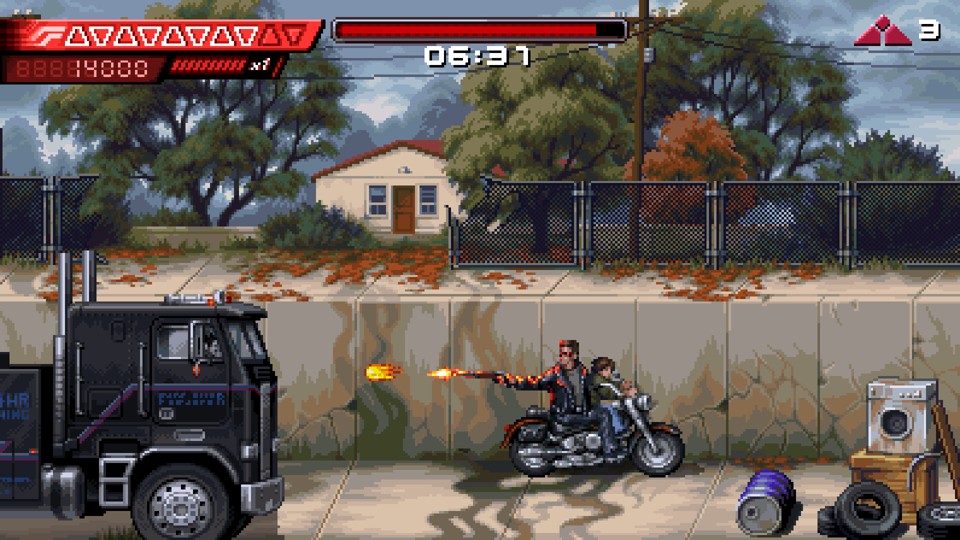
The throwbackness of Terminator 2D: No Fate is not its only selling point. Despite being pretty short, it has a good incentive to replay its campaign and offers a couple of additional modes and achievements. But it’s also just a fun game.
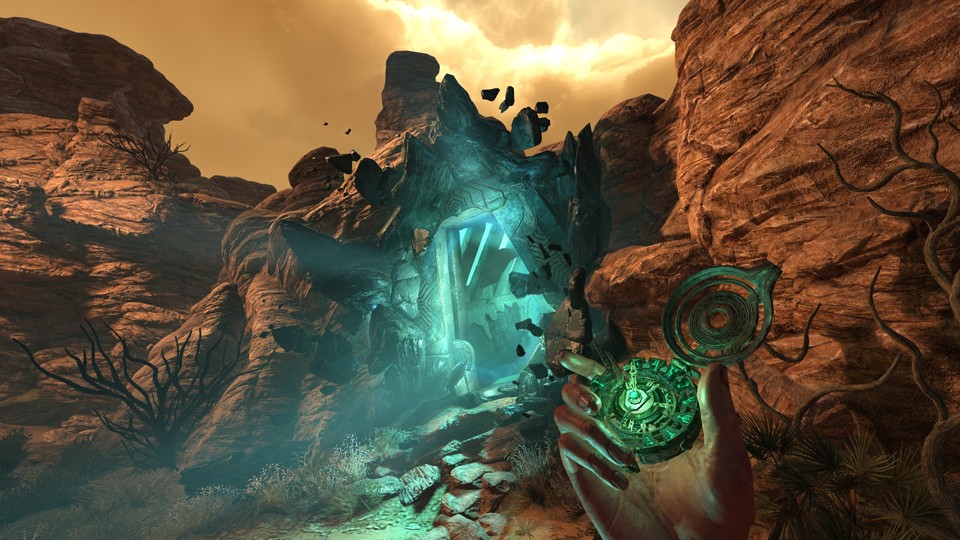
I’m hesitant to say, if the story of Amnesia: Rebirth is good or not. I feel that it doesn’t fall into sensationalism; it simply does what it needs to do to tell its story. However, there are subject matters where it is not my place to judge. Other than that, it is a good-looking, atmospheric game with reasonable puzzles and monsters that you can turn off (which I did, no regrets).
As far as I can tell without playing them myself, all the games from that developer are interesting because they started with a lot of problematic elements but have been deliberately moving away from them. Again, I can’t be the judge of that.
They also keep making Picross games, those fuckers.
Free-ctober
I’m pretty sure that this month, I set a record for the number of games I started but didn’t finish for one reason or another. Nevertheless, here is a list of three free spooky ones:
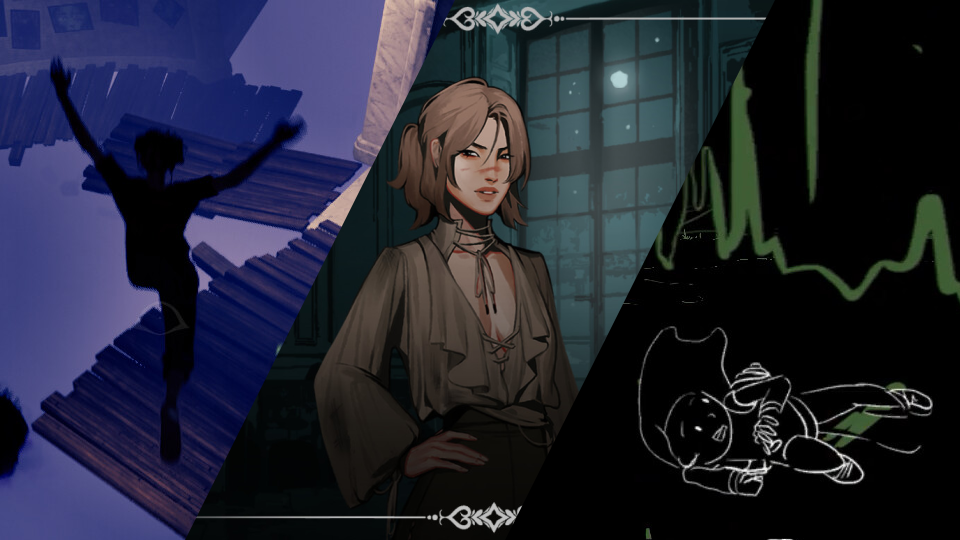
I’ve also been tinkering with this blog. If you don’t notice any changes, that’s a good thing. If you notice any changes, hopefully they are positive ones. And it should look even better in NetSurf, the famous and popular web browser.
Continuations
I can’t say that Metroid Prime Trilogy – I just finished Metroid Prime 3: Corruption – would be among my favorite games of all time. I don’t actually have any sort of list like that anyway. But the good parts are so good! I like exploration. The scanning almost feels like detective work. I like movement in a world, with a couple of caveats. I like those worlds a lot.
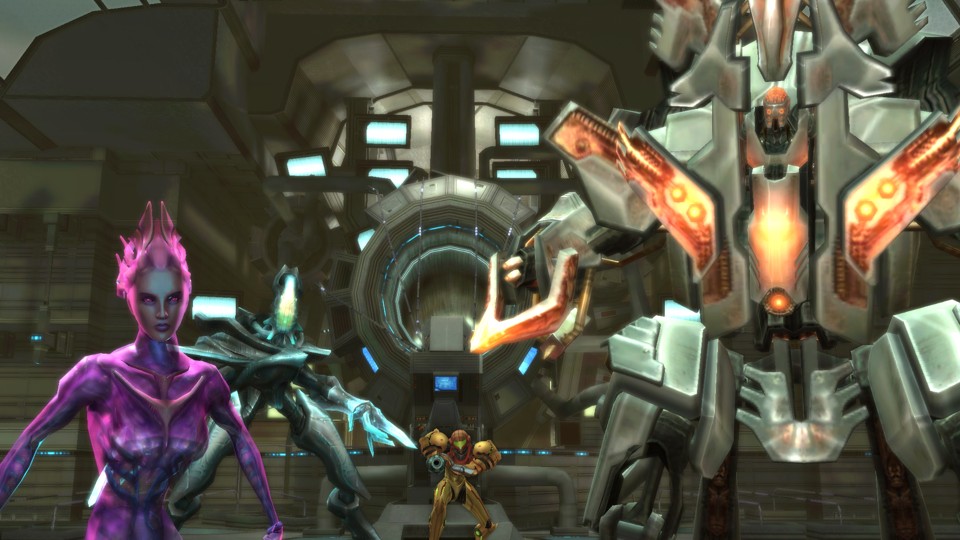
And all the fiddly parts that drag the series down a bit? Most of them seem to be massaged into an acceptable shape by the third game.
If they manage to make Prime 4 with that gameplay, quality-of-life improvements and all, I would be happy to play it. Maybe someday we’ll see what the canceled version of Prime 4 looked like, but for now, the current one seems pretty fine.
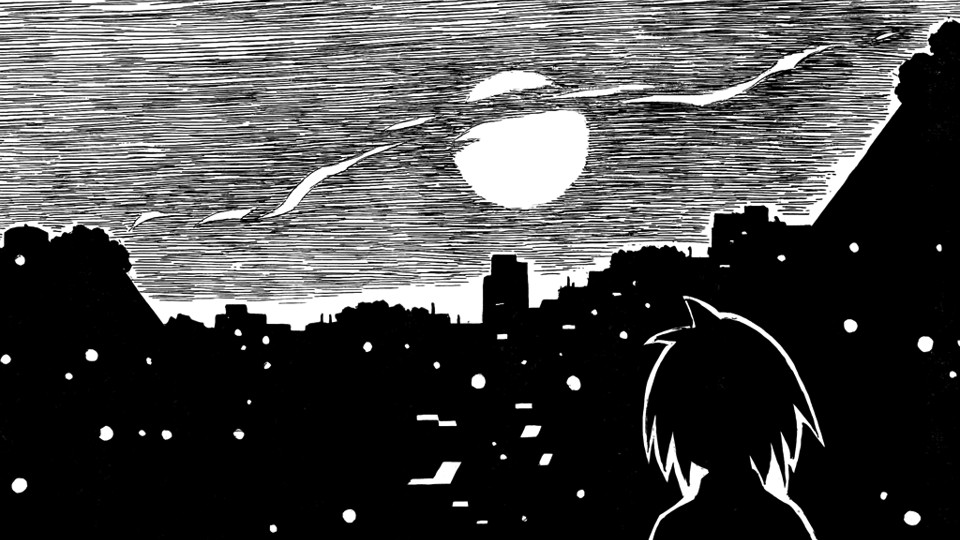
If you have a sort of “chill beats to study to” equivalent in a book form, would you want it to change much, if at all? After Yokohama Kaidashi Kikō, other books by Hitoshi Ashinano I read – PositioN, Kumabachi no koto and Kotonoba Drive – have very similar vibes, structure and art style. And that’s a good thing in my book!
Eternium is another podcast game that won’t bother you with its monetization. You’ll do a lot of grinding, but that’s the point.
What if fire cleaning simulator? That’s a silly but accurate way to describe Nuclear Blaze. Spreading flames will be your main antagonist in this neat-looking platformer. You also save cats!
So, Quake II, huh.
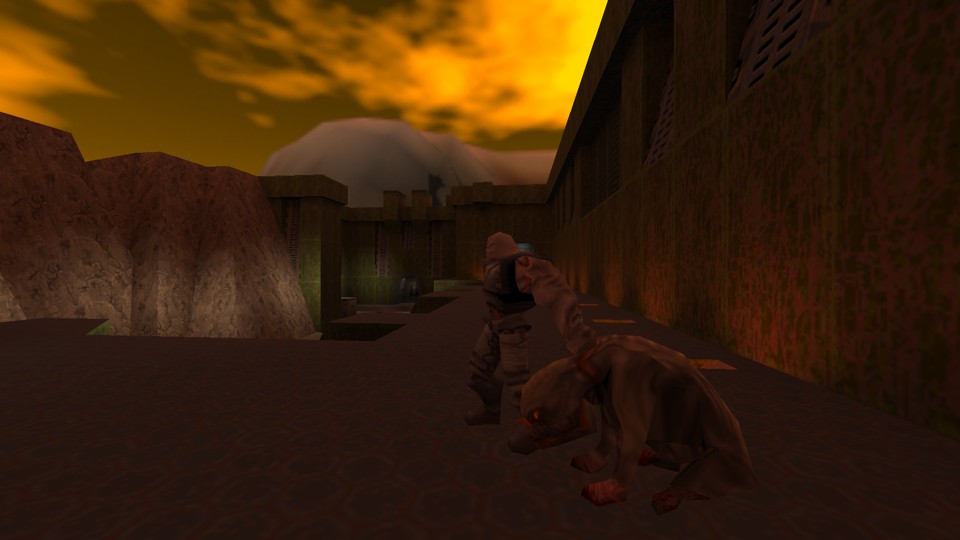
Zaero for Quake II is a fan-made campaign. Although it has a couple of unique features, it doesn’t stray far from the original and therefore fits nicely with the other official add-ons.
Bites
I can only assume that the creators of Van Helsing thought they would go after something like The Walking Dead. However, I think that it is more or less a classic Sci-Fi (Syfy) channel deal. Those shows figured out two things. First, they realized that they need likeable characters so that, no matter what adventures the writers sent them on, the show would still be entertaining. Second, the storyline shouldn’t be too hard to follow.
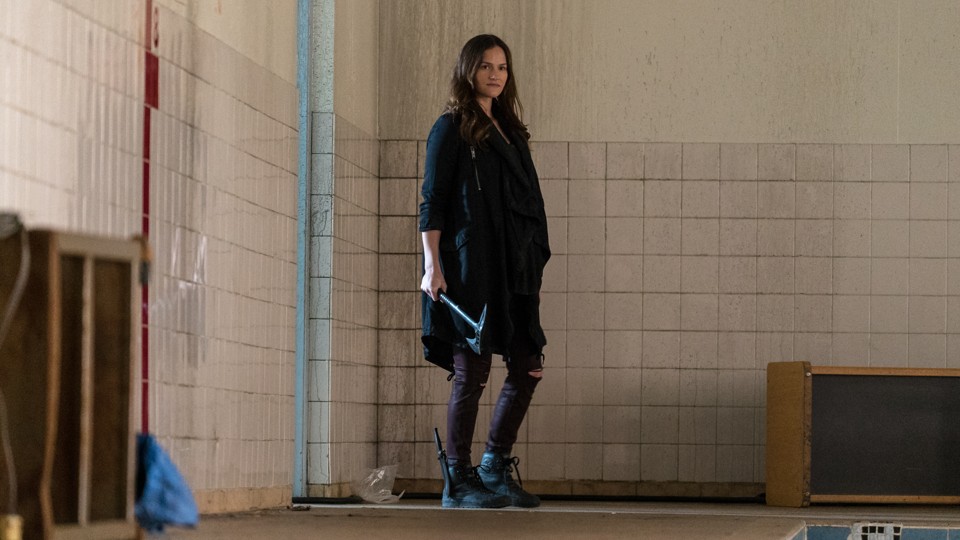
I’m not going to point any fingers, but some shows have crawled up so much of their own creativity, that no length of “Previously on…” would help. Even if the first thing – likable protagonists – is still there, it just stops being enjoyable.
In a sense, Van Helsing is a fantasy set in a post-apocalyptic world, rather than a post-apocalyptic world with vampires instead of zombies, as it seemed at first glance. However, it doesn’t delve too deeply into its lore and magic rules, so you can enjoy it more casually. I stopped watching it for months at one point, but managed to pick up where I left off pretty easily. So, yeah, not bad, not bad at all.
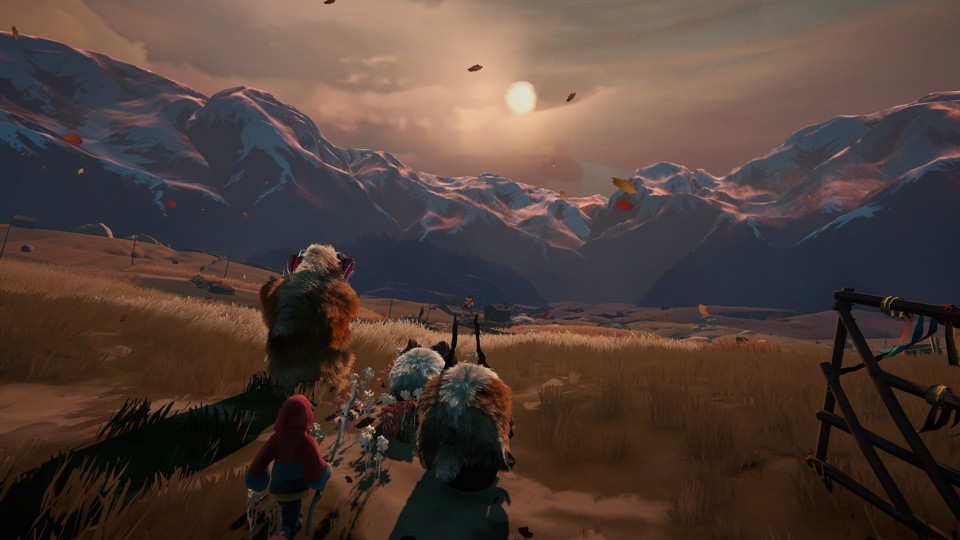
Herdling is neat. Okay, it’s not horror at all, so let’s consider it a vacation that many people traditionally take in August. The game isn’t long or complicated, but, as with other games by the same developer (I like them all), it’s pleasant and has a good atmosphere.
Xenowerk is a straightforward, polished, and enjoyable “podcast game.” It’s free to play, but in the least intrusive way possible: you can watch ads for coins, and that’s it. Actually, it’s not even worth it. The game is grindy, hence the “podcast game,” and those coins aren’t going to make a dent.
,..,
But enough of that. Here are some short horror – or at least somewhat dark – themed games you can play in your browser for free. Small bites!